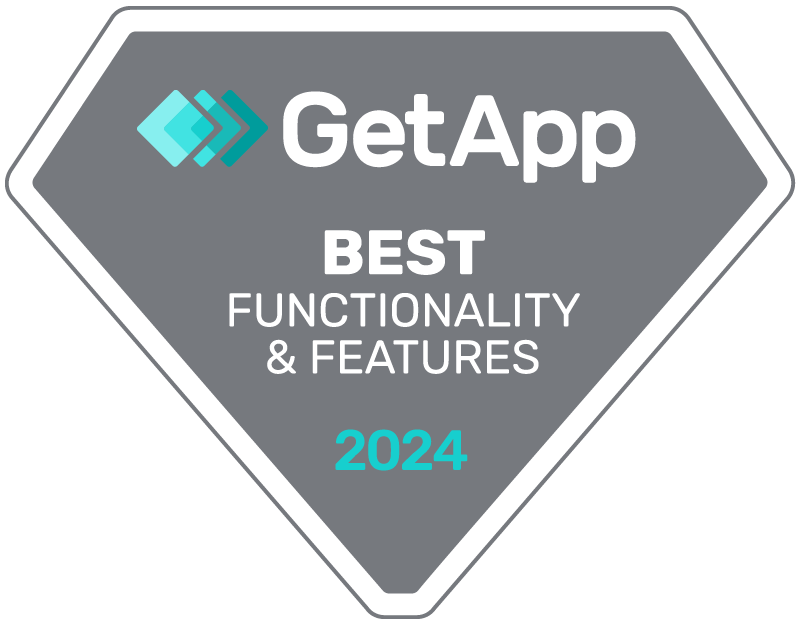What JetBlue’s New Check-in Process Illuminates About Employee Feedback

As a frequent flyer, I, like others, have had my fair share of poor travel experiences. This year alone, I lost my Mac laptop when a flight attendant spilled a full drink on it; my luggage has disappeared on multiple occasions into the black abyss of the inner workings of airlines; I’ve been delayed, missed connections, and arrived quite overdue to meetings more times than I can count.
My experiences are all-too-common for travelers today. As a business leader though, my main frustration is that if the airline I flew took time to really investigate its day-to-day customer operations, my all-too-common issues (though very small in the grand scheme of things) could be avoided.
After each flight, I receive a standard, unimpressive follow-up survey. I provide my feedback and it seems to go into the same abyss as my luggage. What the airline does not understand: it is the employee who can offer the best insight and solution, not me (the irritated customer). While I can tell them all the details of my negative experience, the employee can tell them the internal processes, operations, or situations that are causing the issues in the first place. Employees can tell them what they see and experience firsthand from not only myself but the countless of other customers experiencing the same issues.
Employees are the front line of customer experience and can truly make or break an interaction. Consider JetBlue’s recent announcement of revitalizing its boarding process, for example. Customers can now check in using biometric facial recognition scans, and instead of remaining stationed behind a counter, employees will be equipped with iPads so they can be more mobile. JetBlue’s futuristic boarding process is bound to create a new customer experience and naturally, potentially create related problems or unforeseen situations which will need relevant solutions. Since employees will be executing the process, they should be encouraged to provide their insights and experiences.

Discover what truly motivates your employees so you can skyrocket your productivity and profitability.
Learn moreWhy is voice of the employee so critical?
Many employees witness the customer experience first-hand, especially in retail, service and hospitality industries. When companies implement a procedural change or new policy, employees are the ones absorbing valuable customer criticism or praise.
Customers report an issue, but employees identify the underlying problem. It is easy for customers to send critical emails, rage-fueled Tweets, or letters to the CEO. However, identifying the root of the problem is not as easy for the customer. Unlike customers, employees are embedded within their company’s policies and procedures. They experience the customer yelling in their face, and gaining their insight from the beginning could help avoid more customer experience issues.
What genuine employee feedback mechanisms look like
Genuine employee feedback originates from a productive dialogue, trust, and respect. Companies must provide employees with the means to voice their insights at any given time and prove to them that their feedback is being heard.
- It’s always on. Traditional employee surveys are a detached, one-way interaction, and are often only done on an annual basis. The narrative is usually predetermined and framed with guided questions from the company and results in limited answers. Instead of implementing feedback immediately after a change or transition, companies must start requesting employees for unbiased, guiding insights on a continuous, not annual, For airlines, this means giving flight attendants and gate agents a platform for their voices to be heard whenever necessary.
- It must be strategically aligned to be valuable. One major flaw of traditional annual surveys is the inability for feedback to translate into action. Annual survey results often come months after they are taken – especially in today’s ever-changing world, things are quite different in three months. To motivate employees to provide thoughtful insights, companies must truly utilize their feedback and create tangible change. For JetBlue, this could be soliciting specific feedback on customers’ reactions to the facial recognition software not recognizing their face. For example, JetBlue could inform its employees that their feedback is needed to create a comprehensive training manual or to simply better understand levels of patience required regarding the technology. This insight will not only ease customers’ frustrations but help prevent annoyances for employees and customers alike down the road. When the training manual arrives, employees will see their feedback used and then be more likely to continue providing it.
- Leaders must practice what they preach. As a leader, it is easy to hide in the corner of your office. If you aren’t actively seeking feedback from your team, why would another team seek feedback from theirs? C-suite members need to use their voice to lead the movement. Management actions will trickle down, and if your company is structured for rich feedback, employees will chime in and you’ll be on the path to harmonious, results-driven success.
Change is inevitable in any organization; employees are on the front lines and often the closest element in a business to your customers. By actively listening to employees and facilitating continuous, purpose-driven feedback loops, executives can determine if new procedures are going smoothly.
If they are not, an employee’s voice will likely tell you why.









